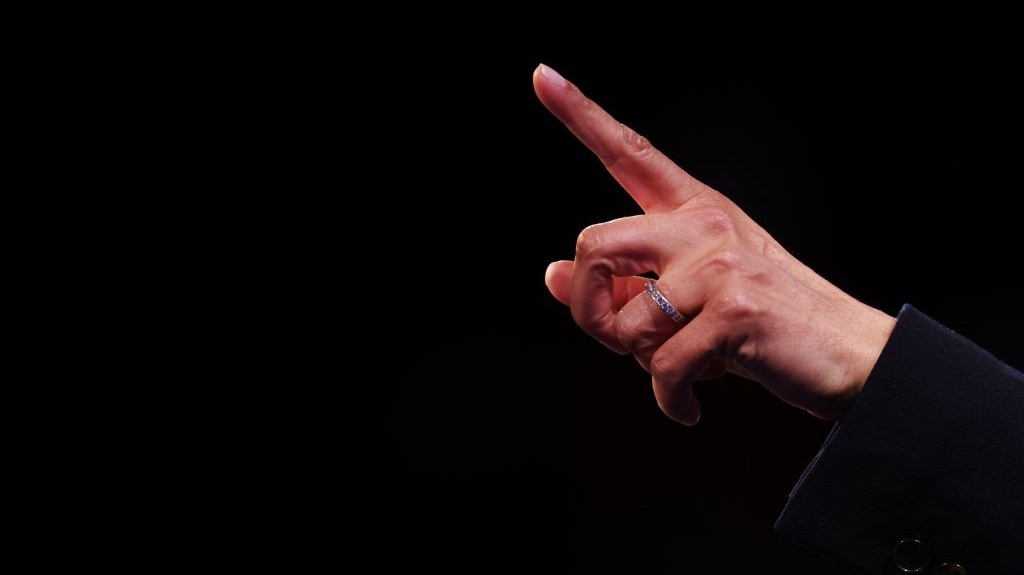If you’re interested in sharing your opinion on any cultural, political or personal topic, create an account here and check out our how-to post to learn more.
____
It was in elementary school when my teachers first began to teach us that we need to talk one at a time. I thought I was smart, and in my mind that meant that I needed to be first to give the answer every time. So I often yelled out the answer or held my arm up and said, “Ooooh, oooh! Pick me!”
I quickly learned that behavior was frowned upon, as my teacher would either tell me to stop yelling out or just refuse to even look in my direction when I started talking while another student was talking. At that young age, I didn’t really understand why I couldn’t just say the answers if I knew them, but I was tired of the teacher not calling on me, so I complied. I learned quickly to silently hold up my arm while rehearsing my response in my head. I hadn’t yet learned that I was actually supposed to be listening to other people while they were talking before I responded.
Earlier this year, I walked into a high school history class. I was taking some folks around our high school building for a tour, so, of course, I took them into a class that I knew would be the most engaging. When I walked into the classroom, the students' desks were organized in one big circle. The teacher said hello and explained to us that the students were engaging in a Socratic seminar. I wasn’t 100% sure what that was at first because I went to high school in Mississippi in the early 2000s. Evidently, that wasn’t part of our curriculum. But I quickly picked up that a Socratic seminar is a kind of discussion where the leader asks an open-ended question and then the students dive into discussion — listening closely to each other, thinking critically and responding to what was said.
I was impressed at how well this group of students was handling this level of discussion. As were our guests. At one point, one student started talking over another student. The teacher quickly reminded her that we don’t talk over others while they’re talking because we want to be respectful to one another and we value each person's perspective. This was a class full of 15-year-olds. We stood in that classroom observing for about 15 to 20 minutes, and she only had to remind them of this once.
While watching the Vice Presidential Debate, I watched Senator Kamala Harris say over and over again, “I’m speaking.” It suddenly dawned on me that I wasn’t taught in school to let people know I was speaking while I was actually speaking. Schools don’t teach little Black girls in elementary school and high school that there will come a time when they will have to remind someone that they are speaking. No one thought to teach little Black girls this because it seems like something you wouldn’t have to say. If someone is speaking, surely people can hear them, so there would be no reason to say “I’m speaking.” When I’m reading silently to myself, I may have to say to someone, “I’m reading,” if they start talking to me from another room. But speaking — who knew that’s something folks had to be reminded of over and over again?
“I’m speaking.”
I wasn’t in a classroom last night when I learned this, but I learned it nonetheless. We must teach Black girls not to be afraid to let folks know that they’re in the room, and when they’re speaking.
